- Home
Page 6
Page 6
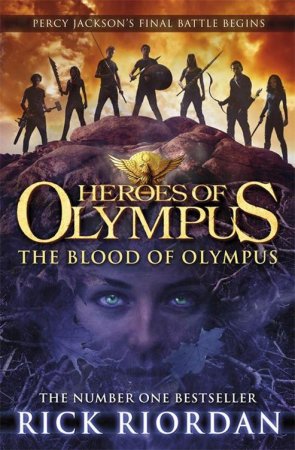 The Blood of Olympus
The Blood of Olympus The Lightning Thief
The Lightning Thief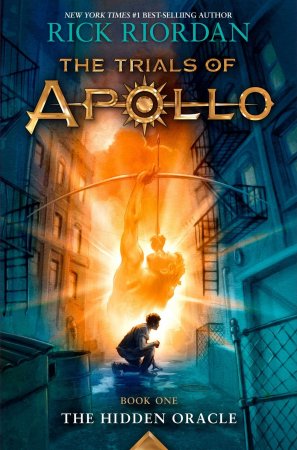 The Hidden Oracle
The Hidden Oracle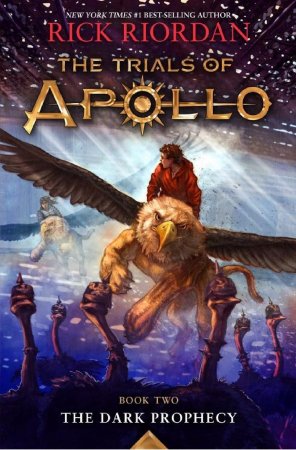 The Dark Prophecy
The Dark Prophecy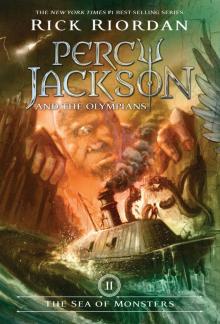 The Sea of Monsters
The Sea of Monsters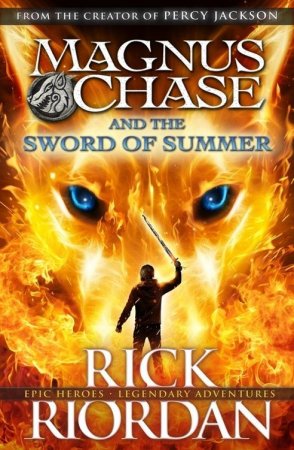 The Sword of Summer
The Sword of Summer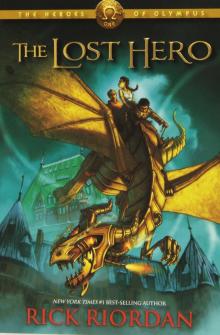 The Lost Hero
The Lost Hero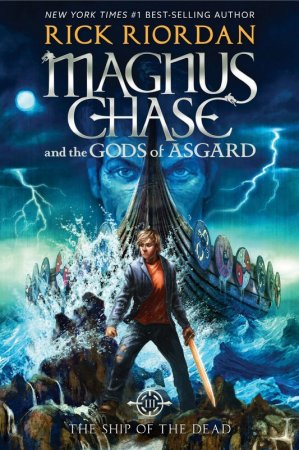 The Ship of the Dead
The Ship of the Dead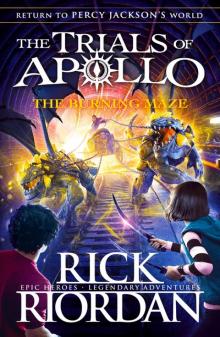 The Burning Maze
The Burning Maze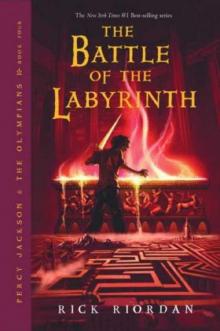 The Battle of the Labyrinth
The Battle of the Labyrinth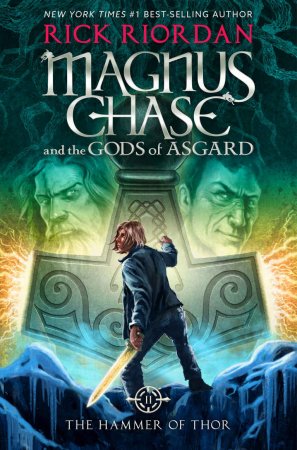 The Hammer of Thor
The Hammer of Thor The Last Olympian
The Last Olympian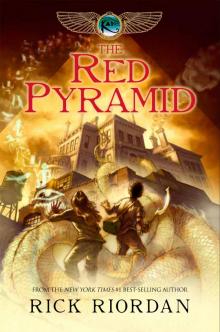 The Red Pyramid
The Red Pyramid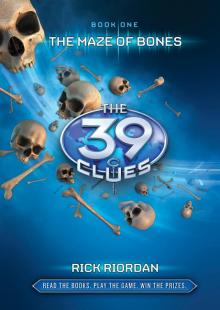 The Maze of Bones
The Maze of Bones The Son of Sobek
The Son of Sobek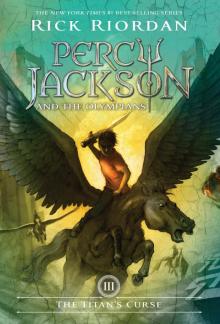 The Titans Curse
The Titans Curse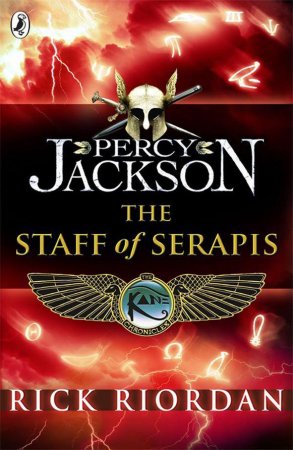 The Staff of Serapis
The Staff of Serapis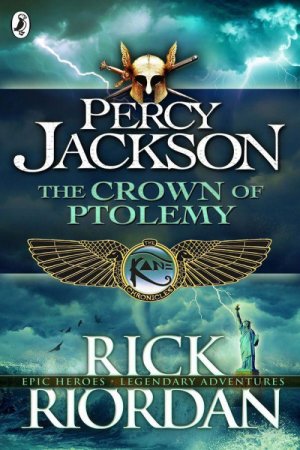 The Crown of Ptolemy
The Crown of Ptolemy Big Red Tequila
Big Red Tequila Percy Jackson: The Complete Series
Percy Jackson: The Complete Series Vespers Rising
Vespers Rising The Lightning Thief: The Graphic Novel
The Lightning Thief: The Graphic Novel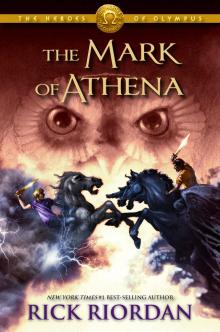 The Mark of Athena
The Mark of Athena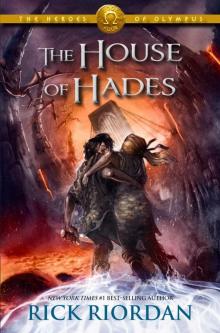 The House of Hades
The House of Hades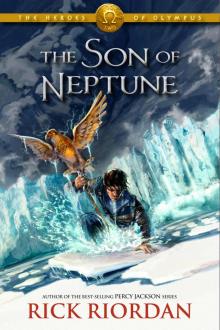 The Son of Neptune
The Son of Neptune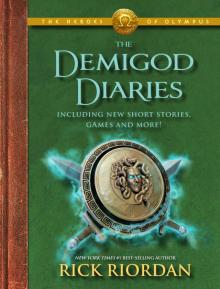 The Demigod Diaries
The Demigod Diaries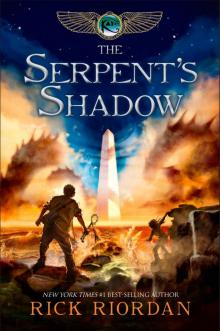 The Serpents Shadow
The Serpents Shadow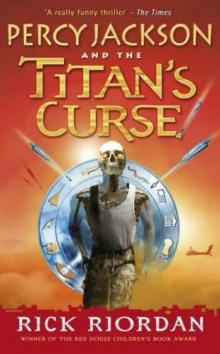 The Titan's Curse pjato-3
The Titan's Curse pjato-3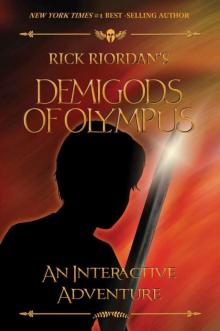 The Demigods of Olympus: An Interactive Adventure
The Demigods of Olympus: An Interactive Adventure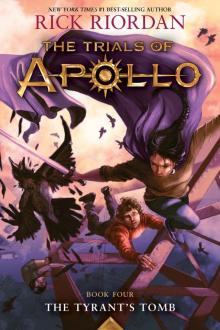 The Tyrant's Tomb
The Tyrant's Tomb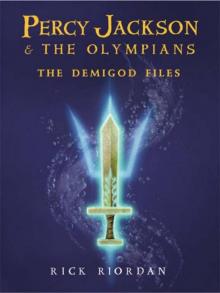 The Demigod Files
The Demigod Files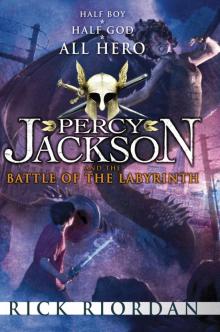 Percy Jackson and the Battle of the Labyrinth
Percy Jackson and the Battle of the Labyrinth The Throne of Fire
The Throne of Fire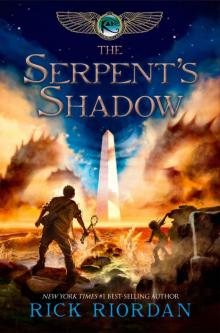 The Serpent's Shadow (The Kane Chronicles, Book Three)
The Serpent's Shadow (The Kane Chronicles, Book Three) Mission Road
Mission Road The Devil Went Down to Austin
The Devil Went Down to Austin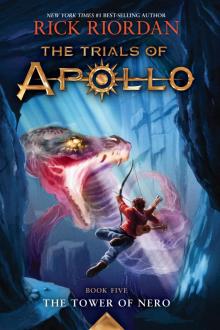 The Tower of Nero
The Tower of Nero The Heroes of Olympus: The Complete Series
The Heroes of Olympus: The Complete Series Rebel Island
Rebel Island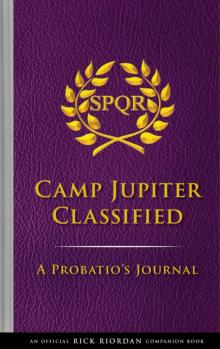 The Trials of Apollo Camp Jupiter Classified: A Probatio's Journal
The Trials of Apollo Camp Jupiter Classified: A Probatio's Journal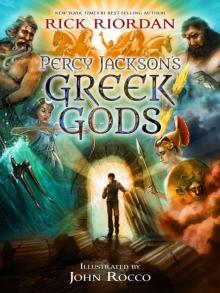 Percy Jackson's Greek Gods
Percy Jackson's Greek Gods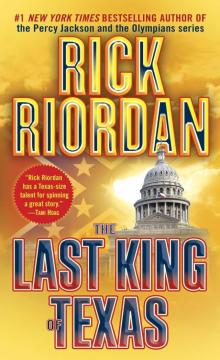 The Last King of Texas
The Last King of Texas The Throne of Fire kc-2
The Throne of Fire kc-2 Magnus Chase and the Sword of Summer
Magnus Chase and the Sword of Summer Maze of Bones - 39 Clues 01
Maze of Bones - 39 Clues 01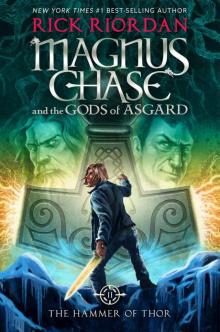 Magnus Chase and the Gods of Asgard, Book 2: The Hammer of Thor
Magnus Chase and the Gods of Asgard, Book 2: The Hammer of Thor Kane 2 - The Throne of Fire
Kane 2 - The Throne of Fire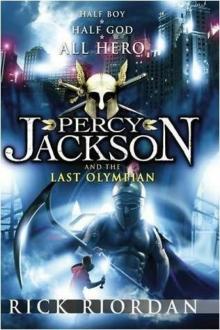 The Last Olympian pjato-5
The Last Olympian pjato-5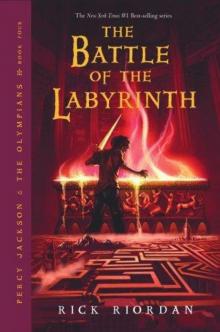 The Battle of the Labyrinth pjato-4
The Battle of the Labyrinth pjato-4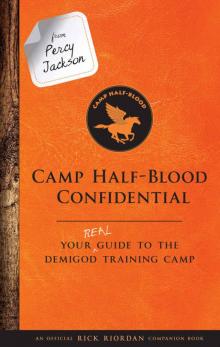 From Percy Jackson: Camp Half-Blood Confidential: Your Real Guide to the Demigod Training Camp (Trials of Apollo)
From Percy Jackson: Camp Half-Blood Confidential: Your Real Guide to the Demigod Training Camp (Trials of Apollo)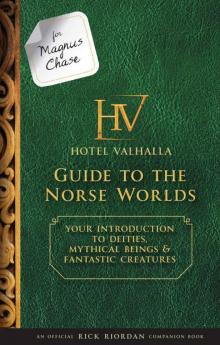 For Magnus Chase: Hotel Valhalla Guide to the Norse Worlds: Your Introduction to Deities, Mythical Beings, & Fantastic Creatures
For Magnus Chase: Hotel Valhalla Guide to the Norse Worlds: Your Introduction to Deities, Mythical Beings, & Fantastic Creatures Southtown tn-5
Southtown tn-5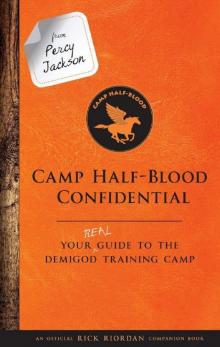 From Percy Jackson_Camp Half-Blood Confidential
From Percy Jackson_Camp Half-Blood Confidential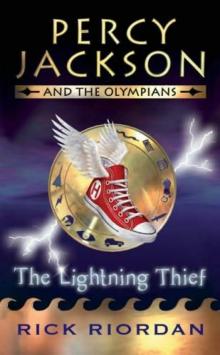 The Lightning Thief pjatob-1
The Lightning Thief pjatob-1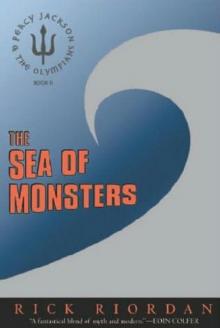 The Sea of Monsters pjatob-2
The Sea of Monsters pjatob-2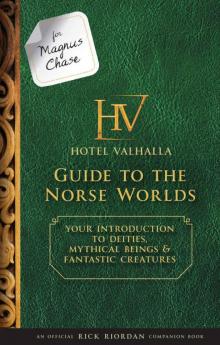 For Magnus Chase_Hotel Valhalla Guide to the Norse Worlds
For Magnus Chase_Hotel Valhalla Guide to the Norse Worlds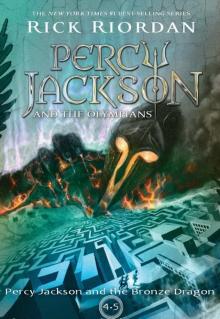 Percy Jackson and the Bronze Dragon
Percy Jackson and the Bronze Dragon Percy Jackson: The Complete Series (Books 1, 2, 3, 4, 5)
Percy Jackson: The Complete Series (Books 1, 2, 3, 4, 5)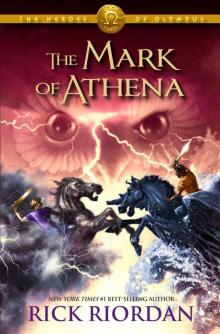 The Mark of Athena (The Heroes of Olympus, Book Three)
The Mark of Athena (The Heroes of Olympus, Book Three)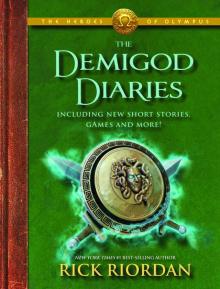 The Heroes of Olympus: The Demigod Diaries
The Heroes of Olympus: The Demigod Diaries The Last King of Texas - Rick Riordan
The Last King of Texas - Rick Riordan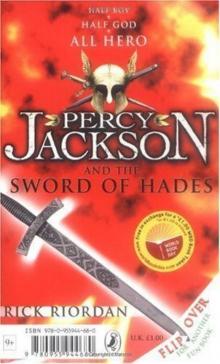 Percy Jackson and the Sword of Hades
Percy Jackson and the Sword of Hades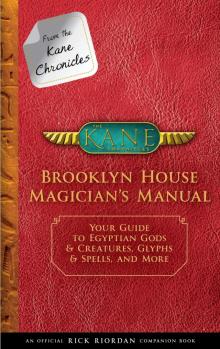 Brooklyn House Magician's Manual
Brooklyn House Magician's Manual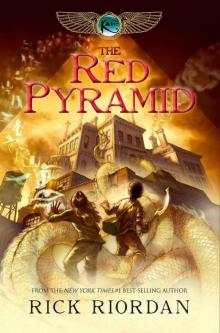 The Kane Chronicles, Book One: The Red Pyramid
The Kane Chronicles, Book One: The Red Pyramid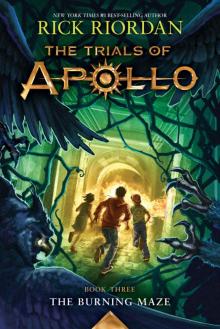 The Trials of Apollo, Book Three: The Burning Maze
The Trials of Apollo, Book Three: The Burning Maze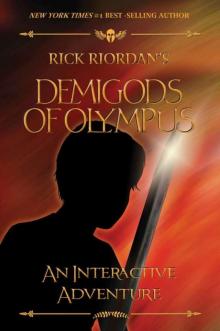 The Demigods of Olympus
The Demigods of Olympus Big Red Tiquila - Rick Riordan
Big Red Tiquila - Rick Riordan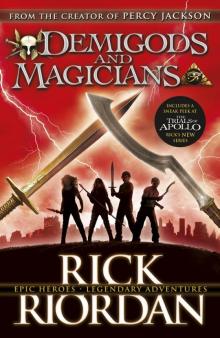 Demigods and Magicians
Demigods and Magicians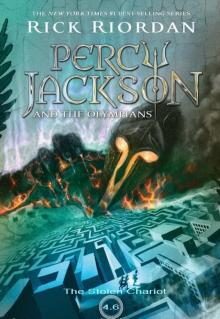 Percy Jackson and The Stolen Chariot
Percy Jackson and The Stolen Chariot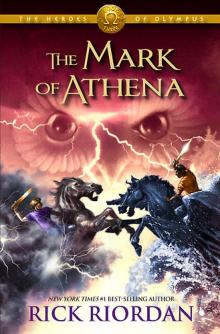 The Mark of Athena hoo-3
The Mark of Athena hoo-3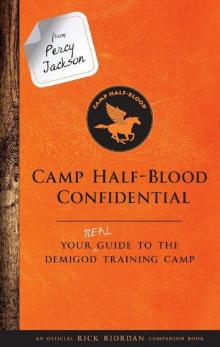 From Percy Jackson: Camp Half-Blood Confidential: Your Real Guide to the Demigod Training Camp
From Percy Jackson: Camp Half-Blood Confidential: Your Real Guide to the Demigod Training Camp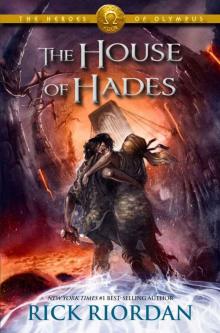 The House of Hades hoo-4
The House of Hades hoo-4 The Devil went down to Austin tn-4
The Devil went down to Austin tn-4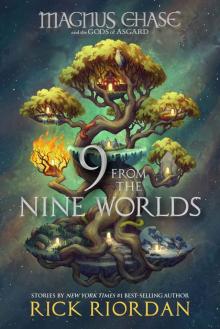 9 from the Nine Worlds (Magnus Chase and the Gods of Asgard)
9 from the Nine Worlds (Magnus Chase and the Gods of Asgard)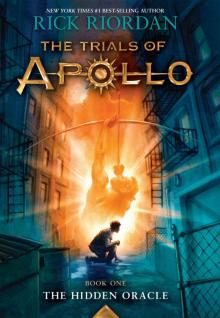 The Trials of Apollo, Book One: The Hidden Oracle
The Trials of Apollo, Book One: The Hidden Oracle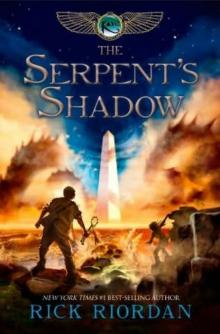 The Serpent's Shadow kc-3
The Serpent's Shadow kc-3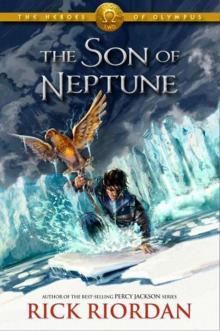 The Son of Neptune hoo-2
The Son of Neptune hoo-2 The widower’s two step tn-2
The widower’s two step tn-2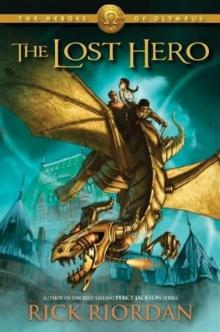 The Lost Hero hoo-1
The Lost Hero hoo-1